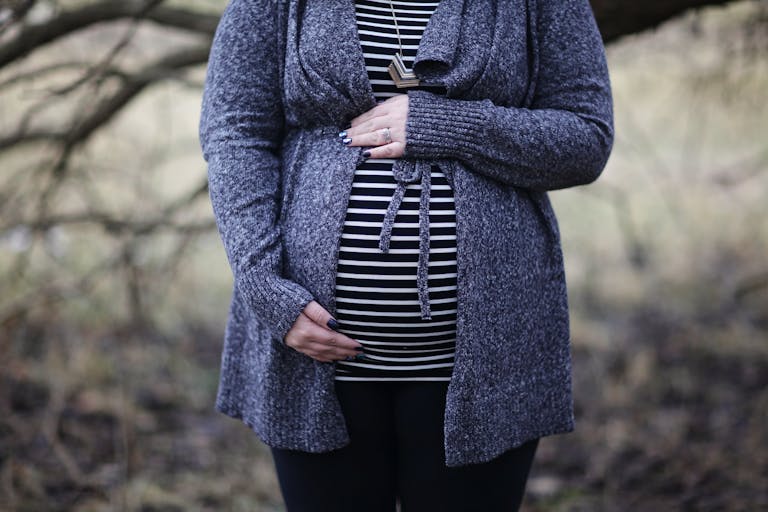 Many things will change when you first enter your retirement years. You’re likely to face adjustments to your income, your expenses, your daily routine and your overall lifestyle. One important issue you’ll have to consider is whether you’ll keep your life insurance.
Many things will change when you first enter your retirement years. You’re likely to face adjustments to your income, your expenses, your daily routine and your overall lifestyle. One important issue you’ll have to consider is whether you’ll keep your life insurance.
People traditionally purchase life insurance in order to provide financial security to their family if they die. Because the financial protection from life insurance is meant to be a replacement for lost income, some people think it might not be appropriate to continue coverage after retirement.
Here is some life insurance advice to help you decide whether you should keep your life insurance policy after you retire.
What Type of Insurance Do You Have? One of the first factors to consider is what type of life insurance coverage you currently have. Policies with a savings or investment component – such as a traditional whole life policy – are likely to have significant value in addition to the death benefit, so you’ll probably want to continue paying the premiums for your policy. On the other hand, if you have simple term life coverage then it’s quite possible that your premiums may substantially increase when your policy next comes up for renewal, and you’ll decide not to continue coverage.
Protection For Your Spouse. If your overall retirement assets are not significant, then you might want to continue your life insurance coverage even if your premiums increase, in order to provide additional support to your spouse upon your death. This can also be the case when you work part time during your retirement years or have other income sources that you need to replace.
Protection For Your Children. Your children still may be depending on you for financial support, even if they’re no longer living with you. This is often the case if they’re full time students, but it might also be the case if they’re starting a new phase of their lives and still rely on you for some degree of monetary assistance.
Health Care Expenses. If your health insurance policy provides coverage for your family members, then ask yourself what would happen to that protection when you pass away. If your spouse or children are currently covered by your policy, but would themselves be unable to get coverage at an affordable premium level, then you might want to keep your life insurance policy up to date to provide them with financial support upon your passing.
Estate Planning. You might also want to keep your life insurance policy in place in order to assist you with your estate planning. Even relatively small life insurance payouts can represent a significant amount of a person’s estate. Whether or not this is a good financial decision will depend in large part upon the cost of continued life insurance coverage for you. If you are able to continue your coverage, or renew your coverage if your term life policy is soon to expire, then it might make financial sense to do so.
The decision whether to keep your life insurance after retirement isn’t as simple as it might appear. Even if you no longer have an income that you need to replace after your death, there might be other important financial factors that make keeping that insurance a good choice.
 Many things will change when you first enter your retirement years. You’re likely to face adjustments to your income, your expenses, your daily routine and your overall lifestyle. One important issue you’ll have to consider is whether you’ll keep your life insurance.
Many things will change when you first enter your retirement years. You’re likely to face adjustments to your income, your expenses, your daily routine and your overall lifestyle. One important issue you’ll have to consider is whether you’ll keep your life insurance.
